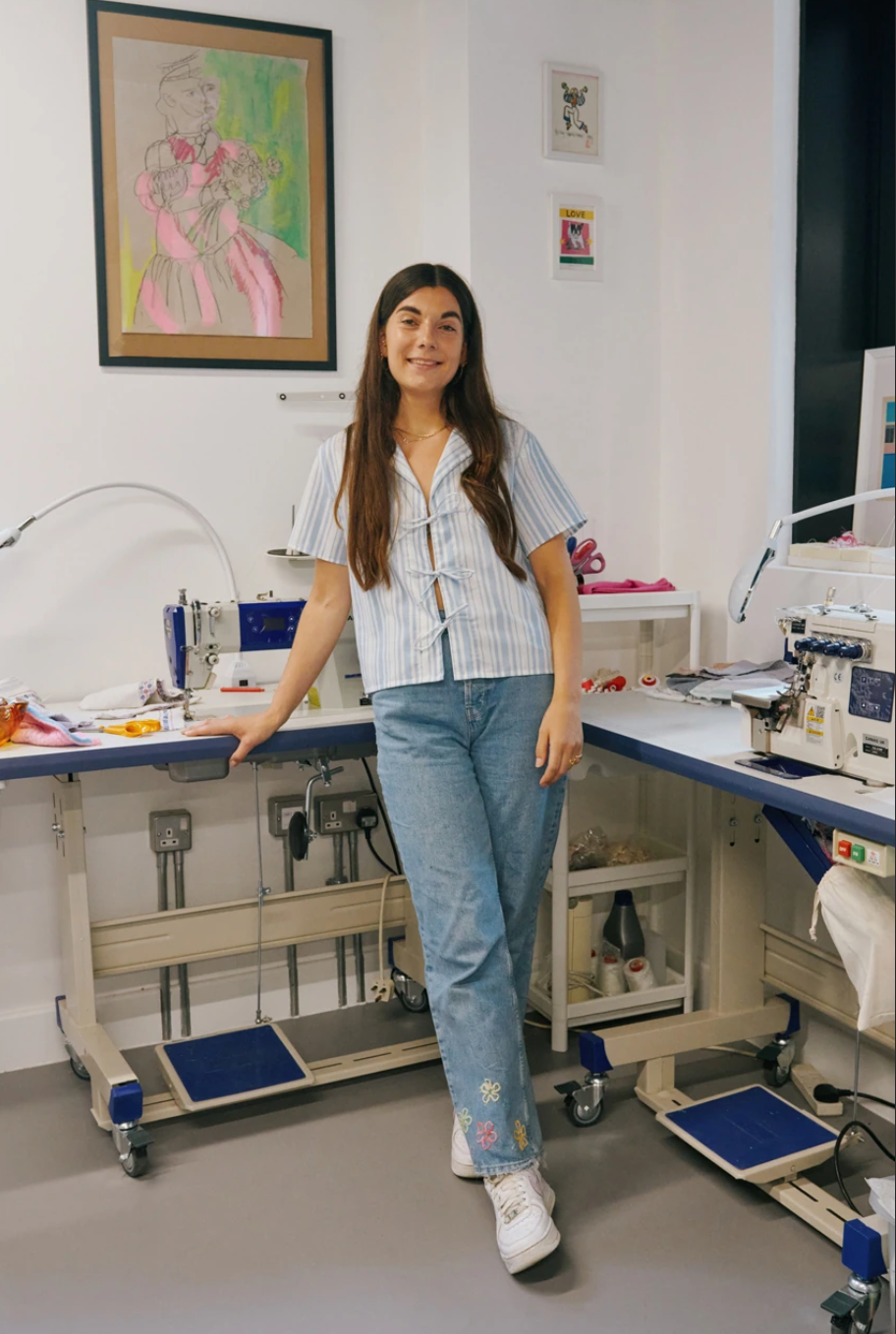How to reduce e-waste with Braun x Hypebeast
SLOW FASHION DESIGNER LYDIA BOLTON TURNS HER ATTENTION TO REDUCING E-WASTE.
Find out how she’s joining the zero-waste movement with Braun
Proving that sustainability isn’t just a fashion-focused solution to waste, Lydia Bolton teams up with Braun to bring light to the growing consumption of electronics. In her studio, where she recrafts disused fabrics, the slow fashion designer explores the similarities between fashion and electronics waste, why it’s an important cause for concern and how we can implement small changes in the way we use devices to help tackle the rising issue.
“Choose well-made products”
Bolton believes that when there is waste, there is a design flaw. The reduction of waste starts with a carefully developed design that intends to last a lifetime. At Braun, this approach has been adopted since the start of the brand. With the Bauhaus “less but better” concept as one of Braun’s main influences, each product takes on a purposeful simplicity that transcends generations.
“Keep them clean!”
Looking after your products is one of the main factors in avoiding breakage. Similar to washing garments or wiping jewelry, Bolton shares the importance of caring for devices and upkeeping wear and tear. To get them clean, read over care instructions in the given manual to get specific advice on the various parts of the device.
“Fix before you throw away”
It goes without saying that in her work Bolton’s philosophy is to fix, repair and repurpose clothing items before she throws them away. The same can be applied to electronics. By doing a quick google search, you can find local engineers that will be able to fix your products for a small cost. Often, reputable brands such as Braun also offer services to fix goods in its own repair centers. Through this method, only certain parts are discarded rather than the whole item.
“Recycle in store”
When devices are broken beyond repair, the final tip is to head to your local recycling center or electronics shop to discard them properly. For Bolton, this step is key in avoiding irresponsible waste. It allows metals to be recycled and other materials to be disposed of in the correct manner.


